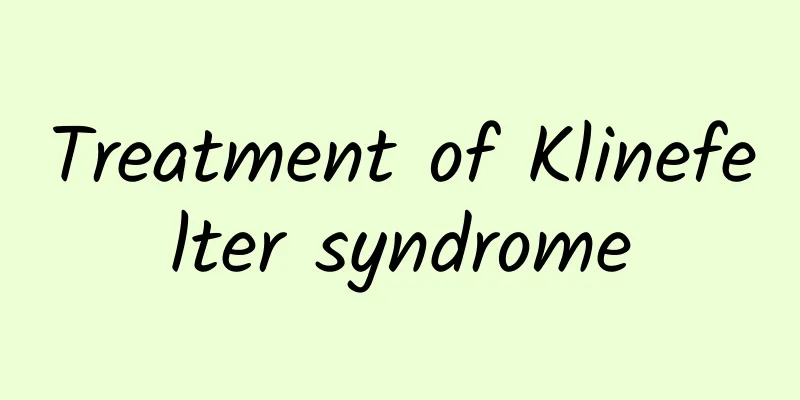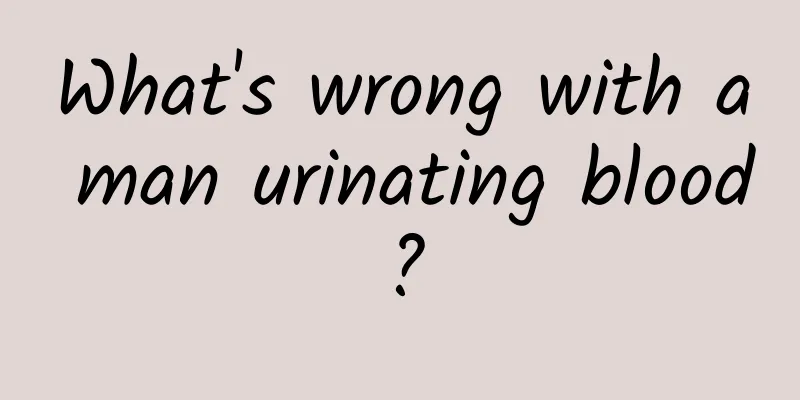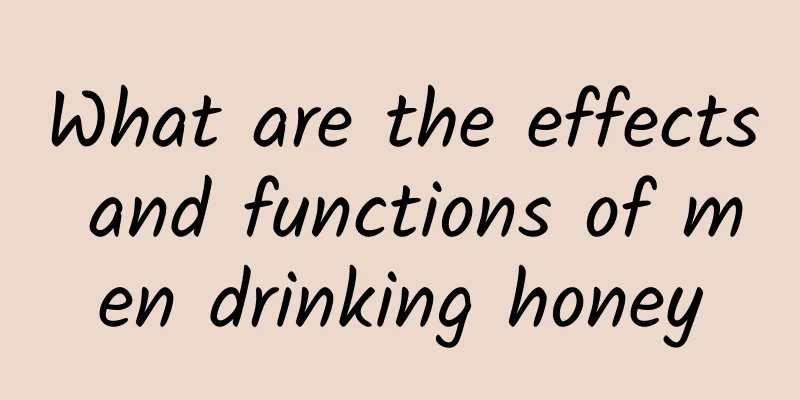What is the difference between urethritis and prostatitis?

|
Urethritis and prostatitis are both troublesome diseases. They are difficult to treat and are prone to recurrence after being cured. Men will feel severe pain in their lower genitals, which is a painful thing. Although urethritis and prostatitis have many similarities, they are completely different diseases. So what is the difference between these two diseases? Let's get to know them together! Urology hospital experts pointed out that urethritis is a common disease that is not only troublesome for women, but also prone to men. It is clinically divided into acute and chronic, non-specific urethritis and gonococcal urethritis. The latter two have similar clinical manifestations and must be distinguished based on medical history and bacteriological examination. The main pathogens of non-specific urethritis are E. coli, Streptococcus and Staphylococcus, and there are often mixed infections. Prostatitis is a common disease among men and has become one of the most common male diseases. It generally accounts for 25% to 30% of urology outpatient diseases. It may be asymptomatic or have obvious symptoms and be chronic, and may even cause persistent or recurrent urogenital infections. Because some symptoms of urethritis and prostatitis are difficult to distinguish or even the same, people often confuse prostatitis with urethritis. In order to help people completely distinguish between the two diseases, there are five main differences, including: 1. Urethritis is caused by pathogenic microorganisms (such as gonococci, chlamydia, trichomonas or fungi, etc.); while only 5-10% of prostatitis is caused by pathogenic microorganisms (such as Escherichia coli, Enterococcus faecalis, Staphylococcus aureus, etc.). 2. Urethritis treatment must use sufficient doses and a sufficient course of sensitive (capable of killing pathogenic microorganisms) antibiotics. Generally, intravenous treatment (third-generation cephalosporin) is required. Oral antibiotics are still required after infusion until complete cure. More than 90% of prostatitis is non-bacterial, and a combination of Chinese and Western medicine is used to achieve the treatment goals of improving symptoms, improving quality of life, and reducing recurrence. 3. After thorough treatment of urethritis, it will not recur as long as you keep yourself clean and do not come into contact with pathogenic microorganisms; however, prostatitis often recurs due to carelessness in life (such as fatigue, long-term sitting, drinking and spicy food). 4. The main symptoms of urethritis are urinary pain and urethral overflow (even when not urinating), while prostatitis will never cause urethral overflow, only white urine drops (at the end of urination) and frequent urination, urgency, incomplete urination and perineal discomfort. 5. Urethritis (male) is contagious and is often caused by unclean sexual behavior. After the onset of the disease, you should not have sex for at least one month to prevent infection between husband and wife. Prostatitis is not contagious, and regular sex is beneficial to the emptying of the prostate gland and the recovery of prostatitis. What is the difference between male urethritis and prostatitis? How to treat male urethritis and prostatitis? The Urology Hospital has introduced "Super-Concentrated Photodynamic Therapy Technology" to diagnose and treat male urethritis. Super-Concentrated Photodynamic Therapy Technology is an ideal international diagnostic technology for the current clinical treatment of reproductive infection diseases. It is a treatment technology that can be operated by a few medical institutions in the industry. It is a feature and key project of Chengdu Broad Urology Hospital. The photodynamics in the Super-Concentrated Photodynamic Therapy Technology is a light source that can emit light waves of special wavelengths. Different light waves are used for irradiation to eliminate inflammation, allowing patients with reproductive infection diseases to recover in a short period of time! The Urology Hospital has introduced the "NIH Prostate Classification Therapy" for the diagnosis and treatment of male prostatitis. The NIH Prostate Classification Therapy mainly uses the new generation HA-100 prostate treatment system and "Intelligent Peptide Type II Technology" to perform prostatitis classification diagnosis and treatment. This technology uses the "intracavity field effect" technology that is currently widely used internationally, and uses the electrothermal protein coagulation effect to promote the excretion of pathogenic toxins through the catheter; at the same time, Chengdu Boda's unique combination of Chinese and Western medicine treatment methods are used for diagnosis and treatment, which is currently the best choice for the treatment of prostatitis. Now we know the differences between urethritis and prostatitis, mainly in terms of causes, treatments, symptoms and infectiousness. The cause of urethritis is pathogenic microorganisms, while only 10% of prostatitis patients have pathogenic organisms. Currently, the treatment for urethritis is mainly antibiotics, while the treatment for prostatitis is a combination of Chinese and Western medicine. In addition, people should exercise regularly to enhance their immunity. |
<<: What causes male breast growth?
>>: How to treat male bladder stones
Recommend
My foreskin is itchy and has white dirt on it. What's going on?
In daily life, if men pay attention to personal h...
Complete list of kidney-tonifying recipes and methods, ten kidney-tonifying vegetables that men love the most
For men, kidney tonification is a topic that will...
How to take care of circumcision surgery after surgery
Sexual intercourse often affects the harmony of a...
Causes of prostatitis in men
The incidence of male prostatitis is increasing, ...
Ejaculation is far away. What is the reason?
The distance of male ejaculation is related to th...
Is it normal to ejaculate twice in one night?
Sperm ejaculation generally follows a certain pat...
What are the symptoms of spondylitis? Causes of spinal pain
The spine, lumbar spine, and cervical spine may a...
How to care for lower limb arterial ulcers?
Ulcers are a common disease, especially oral ulce...
Penis swelling and pain
The reproductive system itself is a relatively cr...
How to calculate the hardness of an erection?
I believe everyone knows that the length of a man...
How can men nourish their kidneys?
Kidney nourishment has become a big problem faced...
Middle-aged men should manage their bodies like this
From the moment a child is wrapped in swaddling c...
How to make the testicles grow again
The male testicle is a very important part of the...
What are the prescriptions for premature ejaculation?
Nowadays, people pay more and more attention to t...
What should a man eat if his hands and feet are cold?
In life, there are always some men who are born w...









